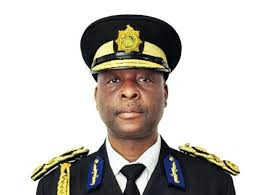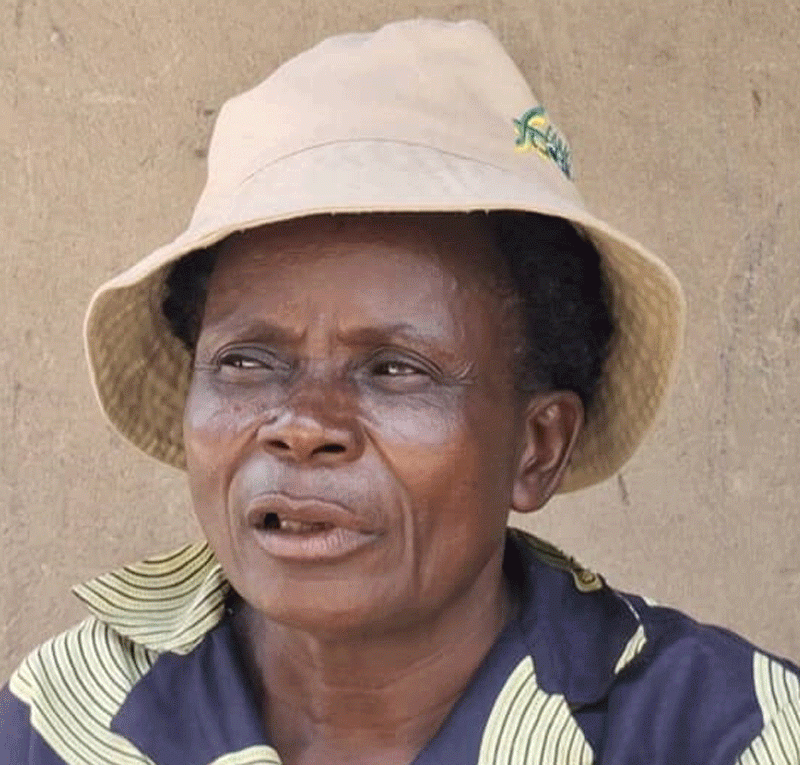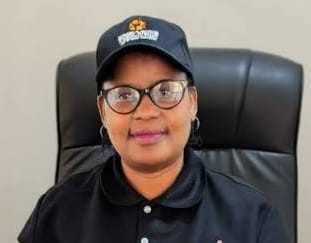
When she was alerted of an advert about job opportunities in Kuwait in a local newspaper by a friend, *Peggy saw a bright future for herself in the oil rich Gulf state.
News in Depth by XOLISANI NCUBE
One of her biggest dreams was to buy a car by the end of the year and to enrol her three-year-old son at an elite nursery school in Harare. Peggy, a chef, had high hopes of a better future after toiling for years in Zimbabwe with nothing to show for it.
“I was told by this employment agency [name withheld as police are investigating that case] that this was my turning point,” Peggy said as she narrated her ordeal at the hands of human traffickers.
“I processed everything with the help of this guy we were told is Tito and some [Kuwaiti] embassy officials.
“On November 20, I waved goodbye to my family at Harare International Airport en-route to Kuwait aboard Emirates Airlines.”
It did not ring in her mind that she was entering the lion’s den as she believed it was the fulfilment of a prophecy by a prophet at her local church.
“In that flight, there were 10 of us destined for a similar mission. It was a memorable flight with high hopes that our lives were going to change for the better,” Peggy said while holding back tears.
- Chamisa under fire over US$120K donation
- Mavhunga puts DeMbare into Chibuku quarterfinals
- Pension funds bet on Cabora Bassa oilfields
- Councils defy govt fire tender directive
Keep Reading
Soon after arrival, they were welcomed by a Kuwaiti national who worked with Tito.
“We went to a lodge where two women came and told us to surrender our passports and all documents,” she said.
“We were told to hand over our mobile phones to ensure that there was maximum concentration.
“I was assigned to work as a maid for a Canadian family. I was joined by two girls from Ethiopia and Cameroon,” Peggy added.
She was assigned to a big family living in an equally huge house and started work as early as 4am until midnight.
“We were not getting any salary as they told us that they had paid Zimbabwe-based agents to bring us there and they wanted to recover their money,” Peggy said.
“Among the duties we were assigned was doing laundry for 26 people and two of them were sick.
“We would cook and clean a 36-roomed house among other things — all this for no pay.”
In February she refused to work demanding her salary as back home Tito had told her the airfares would be deducted monthly.
“I was told that I would be paid $600 monthly with $150 being deducted monthly for 12 months to recover the airfares and other costs incurred.
“But that did not happen hence I refused to work. The lady at this house took me to the agent and demanded that I pay $2 000 because she no longer wanted me,” Peggy narrated.
Life changed for the worse soon after she was dumped at the agent’s house.
“I was told in no uncertain terms that I was going to sleep with any man who they assigned me to so that they could raise the money spent for my travel,” Peggy said.
“I was told since I had refused to work as a maid, I should use my body to pay and they would only take me back to Zimbabwe after I had given them $2 000. On a given day, I was forced to sleep with five to 10 men.”
She added: “I thank God none of them slept with me unprotected, but it was really a horrific experience.
“Some demanded that I do a threesome and others that we have the act recorded on a video. It was a really painful experience, to say the least.” Peggy is among thousands of women who unwittingly fall victim to human trafficking. Home Affairs minister, Ignatius Chombo said traffickers were making a killing from the business.
“It is one of the high-paying illicit deals in the country and many are making a killing from it.
“Zimbabwe remains a source of traffickers, something government is dealing with,” he said.
According to Chombo, Peggy and 70 others girls who escaped from captivity were currently under going counselling through the ministry of Labour and Social Welfare with assistance from the International Organisation for Migration (IOM).
“We are looking at skills of every victim and counselling them to overcome the trauma that they went through.
“We are also engaging society so that there is no discrimination and stigmatisation,” he said.
Chombo said a team set up to deal with human trafficking was looking at all Zimbabweans who travelled to Kuwait in the past two years to check if none of them had been abused or held captive.
According to Lily Sanya, the IOM country director, a number of victims rescued from Kuwait needed counselling before they were re-integrated into society after undergoing traumatic experiences.
“We all have an important role to play in ensuring that when they are back, they settle down.
“We are all involved because this is a challenge that has come up and we need to work together in fighting this crime,” Sanya said.
“We need to be so sensitive to their feelings and needs; we can’t be parading them in the streets. We need to safeguard their privacy.”
An estimated three million Zimbabweans are living in foreign countries after escaping the economic and political turmoil that has gripped the country.
Some of them have fallen prey to human trafficking syndicates that take advantage of their desperation to flee the country.
*Not her real name











